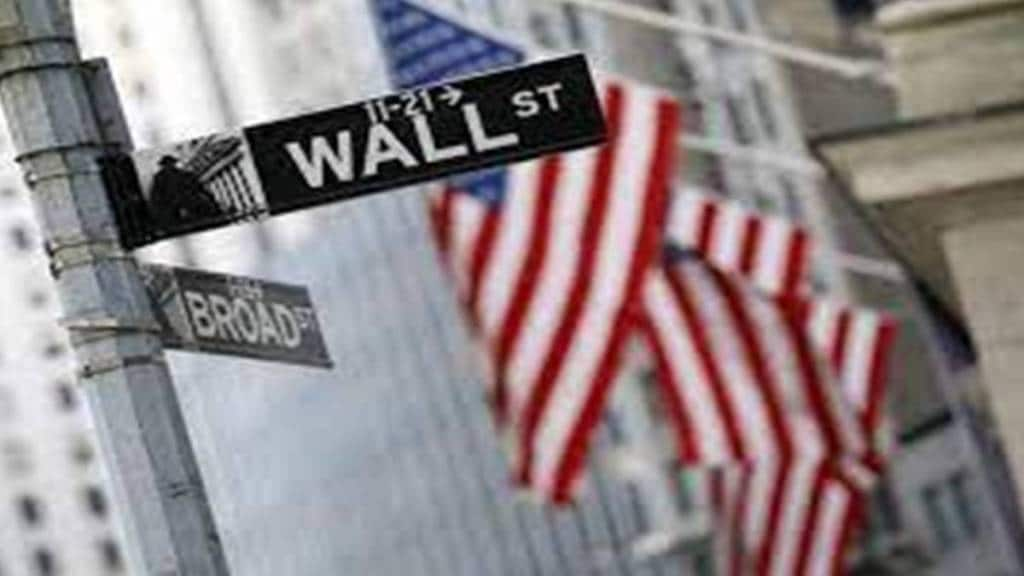Beginning on July 14, when JPMorgan Chase, Citigroup, and Wells Fargo announce their quarterly report, the earnings season officially begins. According to market experts, the big lenders results may disappoint and end up below expectations. This reporting season is expected to reflect a worsening of the sector’s outlook and damage bank stocks.
As a result of the bank beating forecasts for earnings and revenue, JPMorgan Chase shares increased by more than 3% in premarket trade. UnitedHealth gained more than 2% after posting better-than-expected earnings and revenue, and Wells Fargo increased by about 4% after reporting an increase in profit. The shares of BlackRock, on the other hand, decreased more than 0.5% in premarket trading after profits beat estimates but net inflows missed forecasts. For foreign education, Indian students must be familiar with banking and tax regulations.
This week, in an effort to stabilize the financial system after it was rocked by the bankruptcy of numerous regional banks earlier this year, a senior US banking regulator has set stricter capital requirements for a wider range of lenders.
In the previous quarter, along with other banking behemoths Citigroup and Wells Fargo, JPMorgan Chase announced an increase in first-quarter profits. This was encouraging news for investors after the banking crisis that emerged in mid March, resulting into instability in the banking sector and stoking concerns about contagion. At that time, JPMorgan warned again of a potential economic downturn while adding $1.1 billion in reserves in case of bad loans.
According to BlackRock – As Q2 results begin, corporate earnings need to deliver on market expectations to support stocks, in our view. We see a key divergence in earnings forecasts: They have risen for a few tech firms, while the rest stagnate. Profit margins are shrinking, and we see more pressure ahead. So we get granular and favor sectors like healthcare within developed market stocks.
The S&P 500 is about to experience more suffering as profit warnings and concerns about rising interest rates threaten the important US stock gauge. Particular attention will be paid to tech equities, whose valuations have increased as a result of the Nasdaq 100’s nearly 40% increase in the first half of the year.
Although the excitement surrounding artificial intelligence helped the tech rise, many market strategists believe the impact of AI on corporate earnings is exaggerated. Nvidia and Microsoft, two companies spearheading the AI drive, are consequently more susceptible to stock drops if their earnings fail investors. Morgan Stanley’s Michael Wilson is the latest to warn that earnings predictions will be more important than normal this time around due to rising market values, increased interest rates, and limited liquidity.
The optimism of a smooth landing for the economy is fading as persistently high inflation keeps central banks on the defensive. Bets on higher-for-longer rates, as well as bleak corporate updates from FedEx Corp. to Exxon Mobil Corp. and Nike Inc., are dragging on market confidence following a robust first half of the year.
The impact of progressively tightening financial conditions will be the biggest negative for the results season. After a recent report revealed declining payrolls but stronger-than-expected wage growth in June, bets on the Federal Reserve raising rates in July remain high.
Analysts expect EPS for S&P 500 firms to rebound to growth in the final three months of the year. If companies fail to meet expectations for the third and fourth quarters in their outlook, then US equities could be particularly vulnerable this year due to expanding equity valuations.
There will very certainly be winners and losers, but overall, conditions are becoming more difficult for everyone. The largest litmus test for business health will be the week of July 24, when more than $25 trillion worth of companies will update investors.


